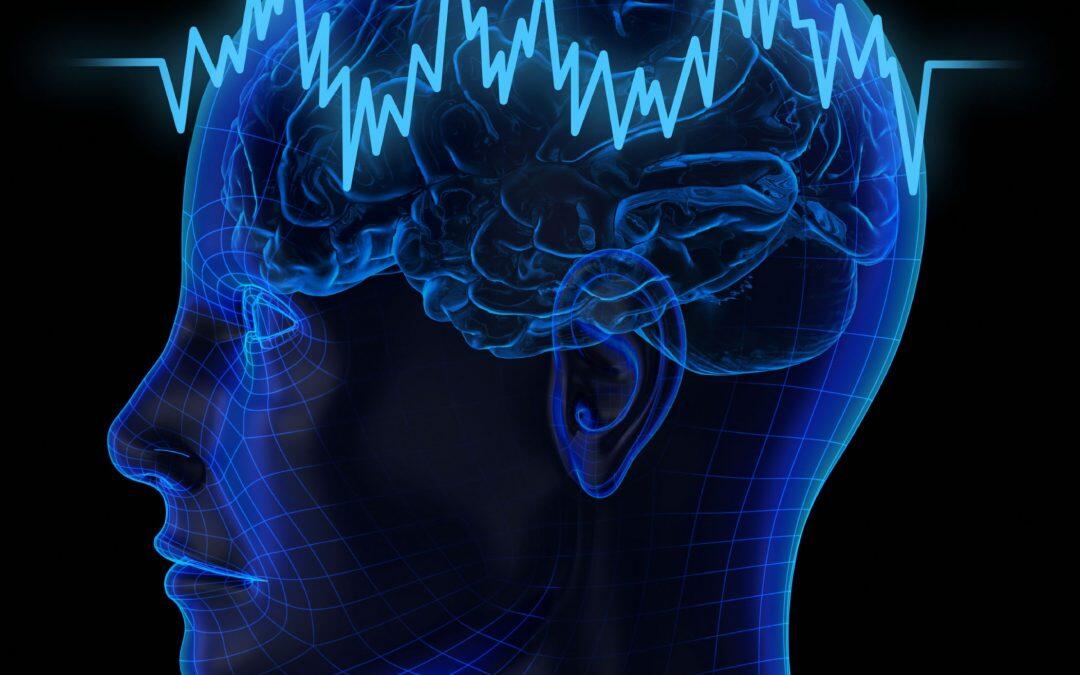The first Homo sapiens knew nothing of the theory of Einstein’s general relativity. However, today it is expected that any physics student understands at least basic principles. “How is it possible that our” old “brains learn new sciences and represent abstract concepts?” Asks Marcel Just, a neuroscientist at Carnegie Mellon University. In a paper whose results were published in June in Psychological Science , Just and his collaborator Robert Mason found that, at the thought of physical concepts, the brain triggers patterns corresponding brain activation to everyday neural capabilities, such as processing the rhythm or structure of a sentence. That is, these patterns are readapt to learn abstract scientific concepts.
And Mason took just nine advanced brain imaging physics and engineering students while 30 focused on physical concepts such as time, entropy or electric current. Then they entered data into a computer program automated learning, which could predict what they were thinking subjects from their brain activity. That was possible because the neural patterns intervening when considering a particular concept (gravity, for example) were the same in all participants. “Everyone learns in different physical classrooms, with different teachers and at their own pace,” Mason observed. “So no longer it is surprising that in all students, they have developed the same brain regions to understand a physical concept”.
The researchers compared the scans of his study with previous research had associated certain mental processes to specific neural activities. They saw that, given the scientific concepts of frequency or wavelength, the same regions as the dancers watch, listen to music or hear a rhythmic pattern, like a galloping horse is activated; probably because all of these cases involve perceive any periodicity. On the other hand, when students faced mathematical equations, the affected areas were those that ordinarily are responsible for processing the sentences. The results suggest that some generic neural structures readapt to deal with complex scientific concepts. “Therefore, although only some of these concepts have been formalized in the last two centuries, our brain was done to deal with them,” she says Just.
Mason believes that such findings could someday help determine what lessons should be taught together for ease of understanding. Now, Just and he plan to continue their research with other sciences of our ancestors knew little, such as genetics and computer science.











